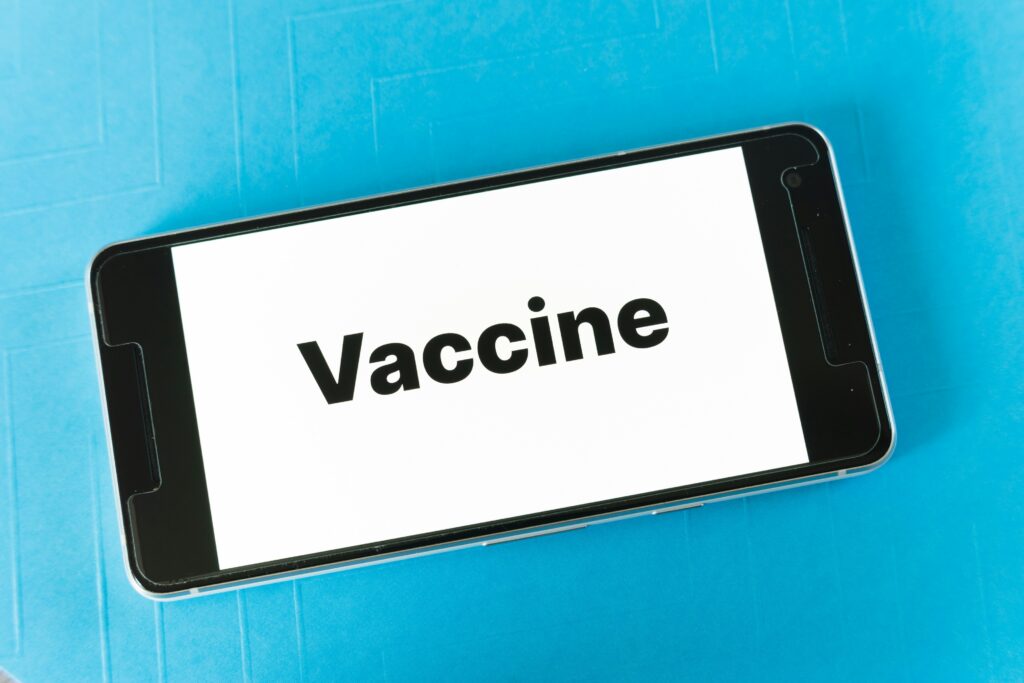Where Are People Getting Their Vaccine Information?
When it comes to making decisions about vaccines, especially for children, parents are faced with floods of information coming from a variety of sources. From doctors offices to google searches and from offical health campaigns to social media posts, where parents get their vaccine information can dramatically shape how they think and feel about immunization.
Healthcare Providers Still Lead the Way – Across studies, healthcare professionals remain the most trusted source of vaccine information. In one recent study published in PLOS Global Public Health, 86% of parents said that they considered healthcare providers to be a somewhat or very important source of information when making vaccine decisions. Paediatricians, family doctors, and nurses continue to play a crucial role in vaccine acceptance by helping parents understand the benefits and complexities of immunizations. However, this trust is not always guaranteed. When parents lose confidnece in the medical system, whether due to past experiences, skepticism toward government health authorities, or concern of the pharmaceutical industry, they will often look for their information elsewhere
The Digital Shift – As the internet has become a large part of everyday life, more parents have turned to Google and social media for their health information. In the PLOS study, 66% of parents said that Google is a valuable source for getting vaccine information, with 16% saying the same about social media. The trend is not new. A 2012 study published in Advances in Preventative Medicine, found that parents who used the Internet for vaccine information tended to be younger, more educated, and more likely to question vaccine safety than those who relied primarily on healthcare providers. This shift toward digital information-seeking has only intensified in the Web 2.0 era, where interactive content, online forums, and influencer voices dominate.

Alternative Sources – The Internet has opened the door to a much wider range of voices, some credible, others not. The 2012 Advances in Preventative Medicine study found that parents who looked for vaccine information online were also more likely to trust alternative health practitioners such as chiropractors or naturopaths, and to view organizations like the National Vaccine Information Center, which promotes anti-vaccine narratives, as reliable. Unfortunately, much of the vaccine-related content online is misleading or inaccurate. Anti-vaccine websites often use scientific sounding language and emotional appeals to build credibility, making it difficult for parents to separate fact from fiction. Once online misinformation takes hold, it can reinforce existing doubts and spread rapidly across social networks.
Trust vs Risk – Both studies point to a core issue: trust. Parental decisions about vaccination are deeply tied to how much trust they place in different information sources. That trust can be directed toward healthcare professionals, government health agencies, online influencers, or alternative health communities and each carries a different message about vaccines. Parents are not simply deciding whether vaccines are safe; they are also navigating who to believe. Many weigh the perceived risks of side effects against their confidence in the people and institutions promoting vaccinations. This makes vaccine communication as much about relationships and credibility as it is about data and science.
Navigating the Internet – The research makes one thing clear: vaccine communication must evolve to meet people where they’re already searching for answers, online. Healthcare professionals and public health organizations can’t rely solely on clinic visits or official statements. Instead, they need to participate in the same digital spaces where misinformation thrives, using approachable, transparent communication that builds trust rather than demands it.
